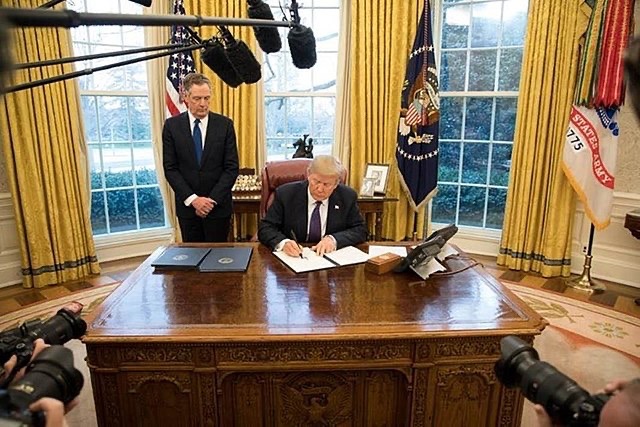A political storm is brewing across the Atlantic—and this time, it’s not just America’s problem. Donald Trump’s bold new “Liberation Day” tariffs, announced with fanfare and fire, could pose a major threat to the United Kingdom’s economy. For Britain, the concern is not just diplomatic—it’s deeply personal, with tens of thousands of jobs now hanging in the balance.
The move, designed to bolster American industry under Trump’s revived “America First” economic doctrine, includes a sweeping 25% tariff on imported vehicles and potentially other key sectors. While Trump’s base cheered the announcement as a strike against global economic dependence, UK officials and economists are sounding the alarm.
Industries such as automotive manufacturing are particularly exposed. With the UK being a major exporter to the U.S. market—especially in high-tech vehicles and automotive components—the ripple effect could be devastating. But the fallout doesn’t stop there. Fears are also mounting that these tariffs will push a wave of cheap Chinese goods into Britain, undercutting local manufacturers already struggling in a fragile post-Brexit economy.
And as economic growth forecasts plummet, whispers are turning into warnings that Chancellor Rachel Reeves may be forced to hike taxes or cut public spending to keep the budget on track.
Let’s break down exactly what Trump’s new tariffs mean for the UK—and why this could be the most significant economic curveball Britain has faced in years.
What Are Trump’s ‘Liberation Day’ Tariffs?
Key Details of the Tariff Policy
Dubbed “Liberation Day,” Donald Trump’s latest round of global tariffs marks a return to his aggressive trade strategy that first defined his 2016 campaign. This time, however, the stakes are even higher. In a fiery address, Trump declared that America was reclaiming control over its manufacturing sector, rolling out tariffs that hit imported goods across the board—starting with the automotive industry.
Specifically, the U.S. will impose a 25% tariff on all car imports, including those from long-standing allies like the UK, Germany, and Japan. Additional levies are expected on steel, semiconductors, and green technologies where the U.S. seeks domestic dominance.
Why ‘Liberation Day’? Trump’s Economic Rationale
Trump framed the move as a “liberation” from global economic dependency—hence the name. He argued that the globalist trade system has hollowed out American industry, enriched rival economies like China, and left working-class Americans behind.
The tariffs, according to Trump, are not protectionist—they’re “patriotic.” They aim to level the playing field by making it more expensive to import foreign goods, thereby encouraging U.S.-based production and jobs.
Sectors Targeted by the Tariffs
While cars are in the headlines, the full reach of the tariffs could extend to:
- Steel and aluminum: Vital for both construction and defense
- Semiconductors: Critical for tech manufacturing
- Green tech: Including electric vehicles and solar panels
- Consumer electronics: Phones, TVs, and other gadgets
All of these categories affect UK exports either directly or through supply chains. British manufacturers now face the prospect of becoming uncompetitive in a critical market.
Impact on UK Industry
Automotive Sector on the Front Line
Few sectors are more exposed than the UK’s automotive industry. With exports to the U.S. worth billions annually, a 25% tariff could push costs up to the point of no return for manufacturers. Jaguar Land Rover, Vauxhall, and even luxury brands like Bentley and Rolls-Royce could see their U.S. sales suffer dramatically.
According to the Institute for Public Policy Research (IPPR), up to 25,000 UK jobs are at risk if automakers are forced to scale down production or shift operations overseas. That’s not just workers on the factory floor—it’s logistics, suppliers, tech firms, and dealership networks.
Forecasted Job Losses and Economic Fallout
The ripple effects of such job losses go beyond unemployment figures. Communities that rely on manufacturing could see increased poverty, housing instability, and long-term economic decline. Local councils will face more pressure on services, and public sentiment could rapidly turn sour if the government is seen as unprepared.
How Small and Medium Businesses Could Be Affected
It’s not just big industry players who will suffer. Small and medium-sized enterprises (SMEs) that supply parts, machinery, or logistics services to car manufacturers are now staring down financial uncertainty. Many of these businesses operate on thin margins—and a sudden drop in export revenue could force closures or layoffs.



